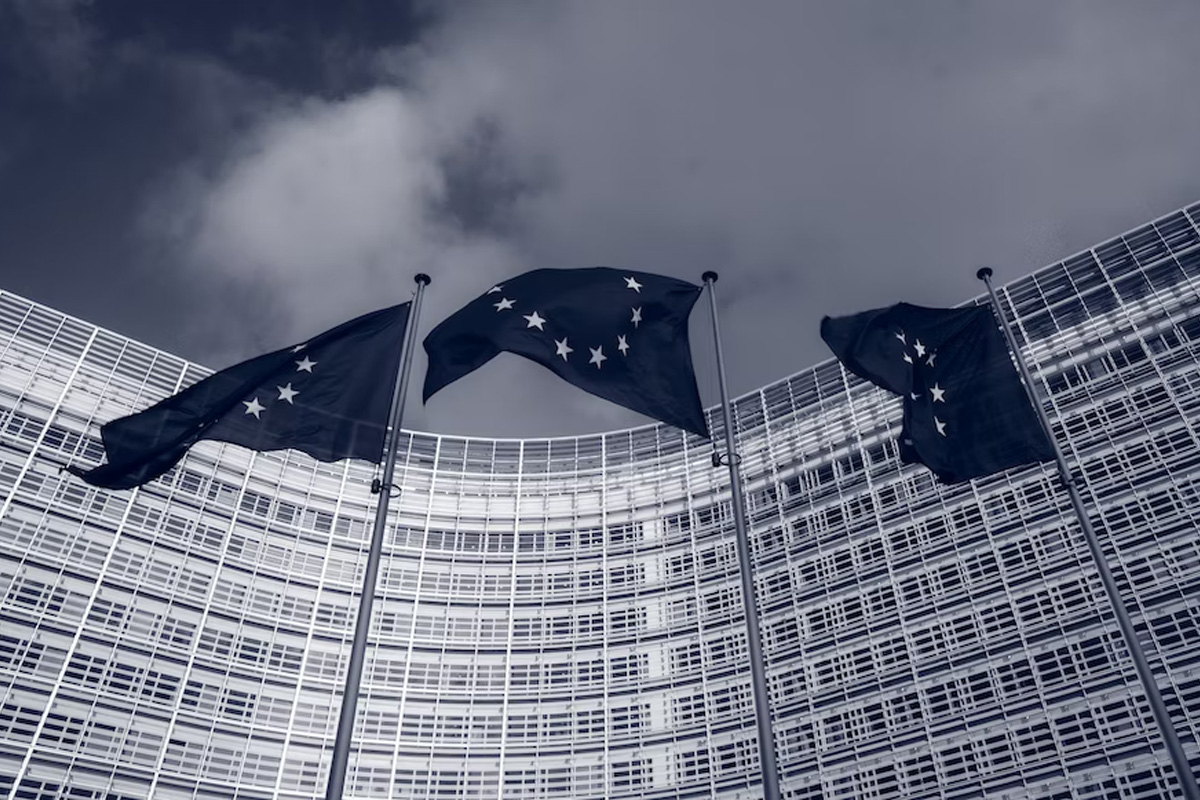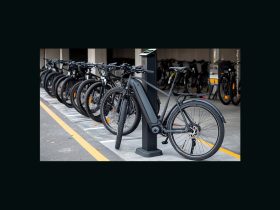Today, the Council imposed restrictive measures against nine Congolese and Rwandan individuals responsible for acts that constitute serious human rights violations and abuses in the Democratic Republic of the Congo (DRC), and for sustaining the armed conflict, instability and insecurity in the DRC.
The listings include members of non-state armed groups active in the Eastern and North Eastern part of the country, namely M23, Twirwaneho, ADF, APCLS, CODECO/ALC, FDLR/FOCA as well as one member of the Congolese Armed Forces (FARDC) and one member of the Rwanda Defence Force (RDF).
Altogether, EU restrictive measures related to human rights violations and electoral obstruction in the DRC now apply to a total of 24 individuals. Those designated are subject to a travel ban and an asset freeze. Furthermore, EU citizens and companies are forbidden from making funds available to them.
The EU will continue closely monitoring the situation in the country. It stands ready to list any new person involved in serious human rights violations or abuses, as well as those obstructing the electoral process and responsible for sustaining the armed conflict, instability and insecurity, or for inciting violence.
The relevant legal acts have been published in the Official Journal of the European Union.
Background
EU autonomous individual restrictive measures in view of the situation in the DRC were adopted by the Council for the first time in 2016 in response to serious human rights violations and the obstruction of the electoral process.
On 5 December 2022, the Council decided to amend the designation criteria to allow for the application of individual restrictive measures against natural or legal persons, entities or bodies that sustain, support or benefit from the armed conflict, instability or insecurity in the DRC, as well as those responsible for inciting violence, or exploiting the armed conflict, instability and insecurity in the DRC, including through the illicit exploitation and trade of natural resources.








Leave a Reply